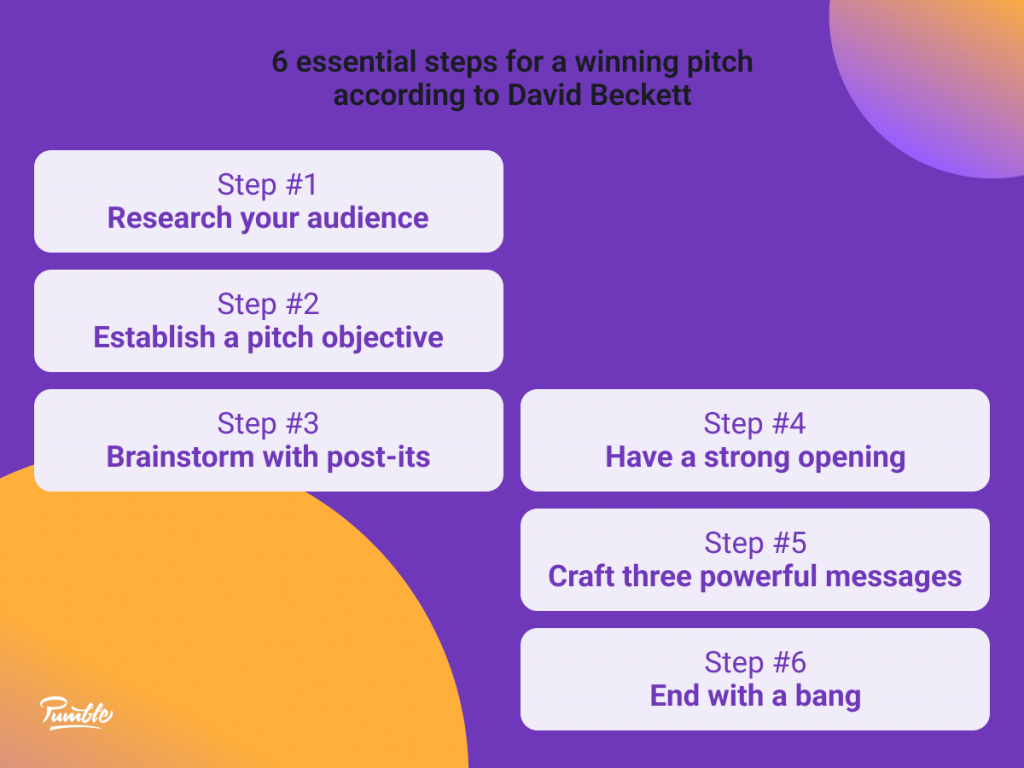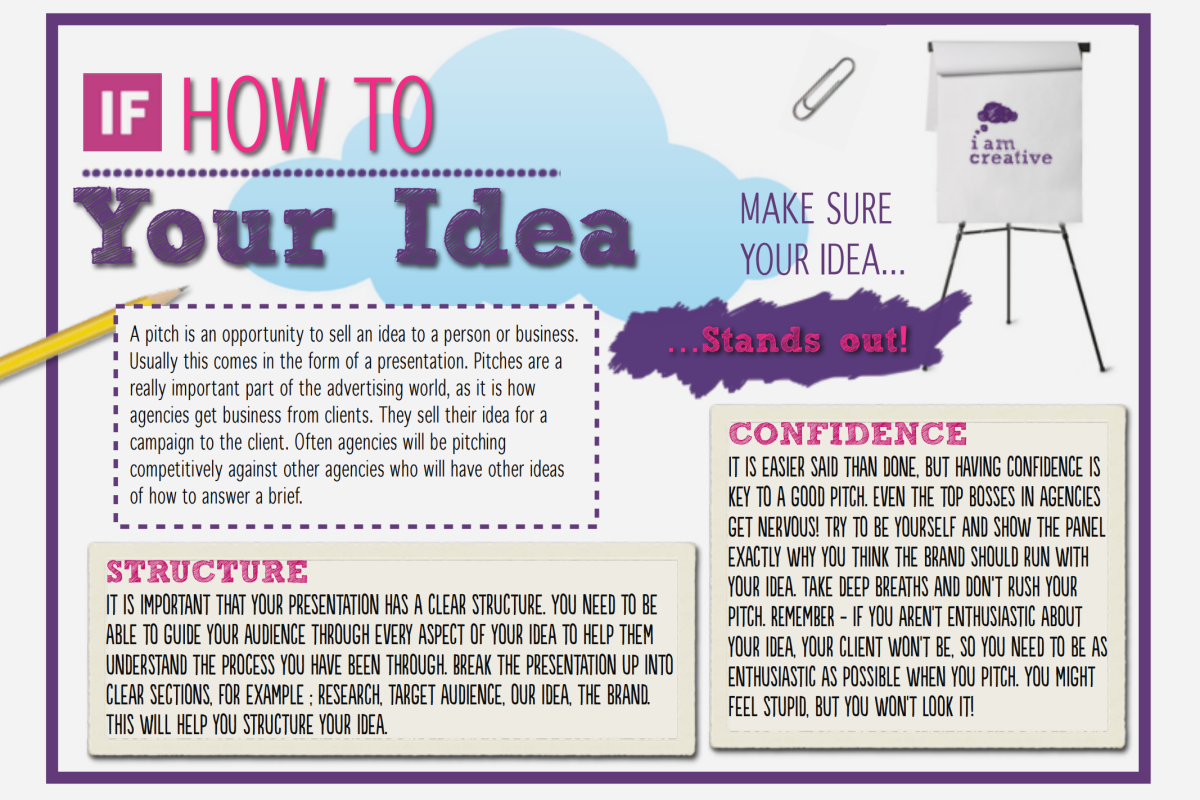How To Pitch A Business Idea To A Company

Landing a deal with a major corporation can feel like climbing Mount Everest for small business owners and innovators. Knowing how to effectively pitch your business idea is the key to unlocking potential partnerships and securing vital resources.
This article will provide a comprehensive guide on how to craft a compelling pitch that resonates with company stakeholders, paving the way for collaboration and growth. It will explore the crucial steps involved, from researching the target company to delivering a persuasive presentation.
Understanding the Landscape
Before you even think about crafting your pitch, thorough research is paramount. You need to understand the company's mission, values, current initiatives, and pain points.
Delve into their recent press releases, annual reports, and social media activity. This will help you identify potential alignment between your business idea and their strategic goals.
Identifying the Right Contact
Sending your pitch to a generic email address is a surefire way to get lost in the noise. "The key is to identify the specific department or individual responsible for innovation, partnerships, or the area your idea addresses," states Sarah Chen, a business development consultant.
LinkedIn can be a valuable tool for identifying and connecting with key decision-makers. Personalize your outreach by referencing shared connections or mutual interests.
Crafting a Winning Pitch
Your pitch should be concise, compelling, and tailored to the specific company. Start with a strong opening that grabs their attention and clearly articulates the problem you're solving.
Clearly define your value proposition and how it benefits the company. Quantify your potential impact whenever possible, using data and metrics to support your claims.
Include a brief overview of your business, highlighting your team's expertise and track record. Demonstrating your credibility is crucial for building trust.
The Elevator Pitch
Before you write a formal pitch document, perfect your elevator pitch. This is a brief, persuasive summary of your idea that you can deliver in a short amount of time.
Practice delivering your elevator pitch to friends, family, or colleagues and solicit feedback. Refine it until it's clear, concise, and impactful.
Delivering the Pitch
Whether your pitch is delivered in person or virtually, preparation is key. Practice your presentation thoroughly and anticipate potential questions.
Use visuals to enhance your presentation and keep your audience engaged. Keep your slides clean and uncluttered, focusing on key information and compelling graphics.
Handling Questions
Be prepared to answer tough questions about your business model, competition, and financial projections. Honesty and transparency are essential for building credibility.
If you don't know the answer to a question, don't try to bluff. Admit that you don't know and offer to follow up with the information later.
"Remember, pitching is a two-way conversation," says David Lee, a venture capitalist. "Listen carefully to their feedback and be open to adjusting your approach."
Following Up
After your pitch, send a thank-you note to the individuals you presented to. Reiterate your interest in collaborating and offer to provide any additional information they may need.
Be persistent but respectful in your follow-up efforts. Don't be afraid to ask for a decision, but avoid being pushy or demanding.
Remember that even if your pitch is rejected, it's an opportunity to learn and improve. Request feedback from the company and use it to refine your approach for future pitches.
By following these guidelines, you can increase your chances of successfully pitching your business idea and securing a valuable partnership. The key is thorough preparation, clear communication, and unwavering persistence.


















